The Golden Goose Award was founded
On Apr. 25, 2012, U.S. Representatives Jim Cooper (D-Tenn.), Charlie Dent (R-Pa.), and Robert J. Dold (R-Ill.) joined…

On Apr. 25, 2012, U.S. Representatives Jim Cooper (D-Tenn.), Charlie Dent (R-Pa.), and Robert J. Dold (R-Ill.) joined…
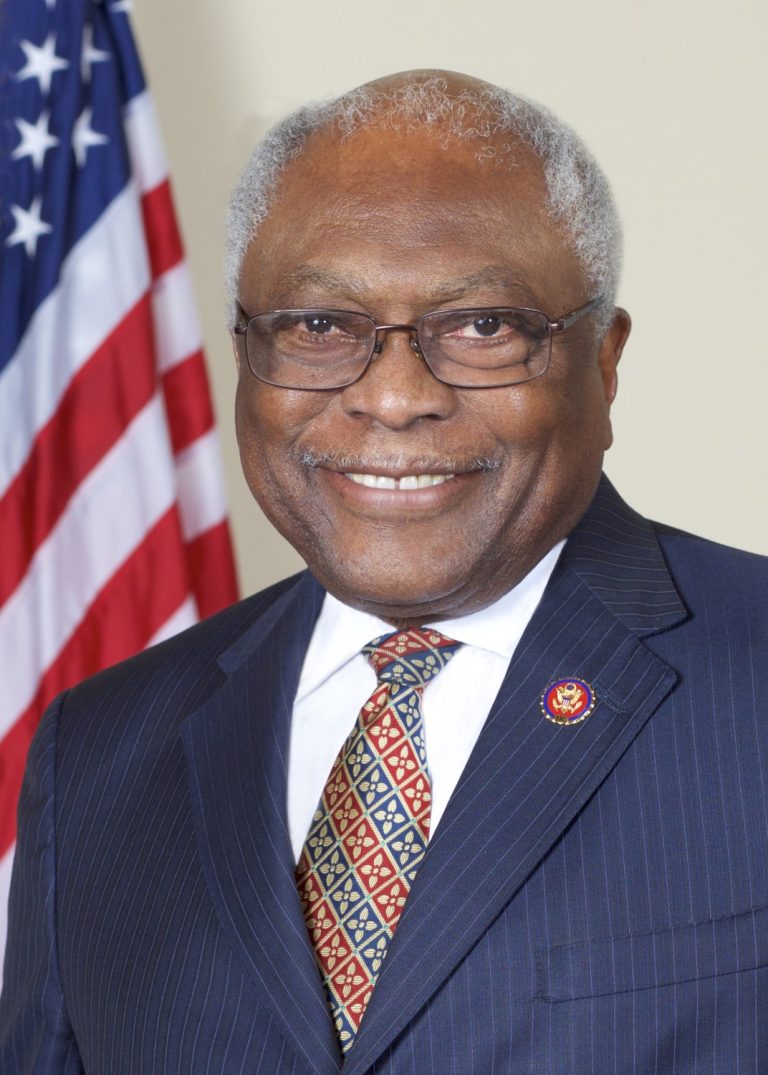
On Oct. 24, 2011, the Medical University of South Carolina (MUSC) officially dedicated the James E. Clyburn Research…
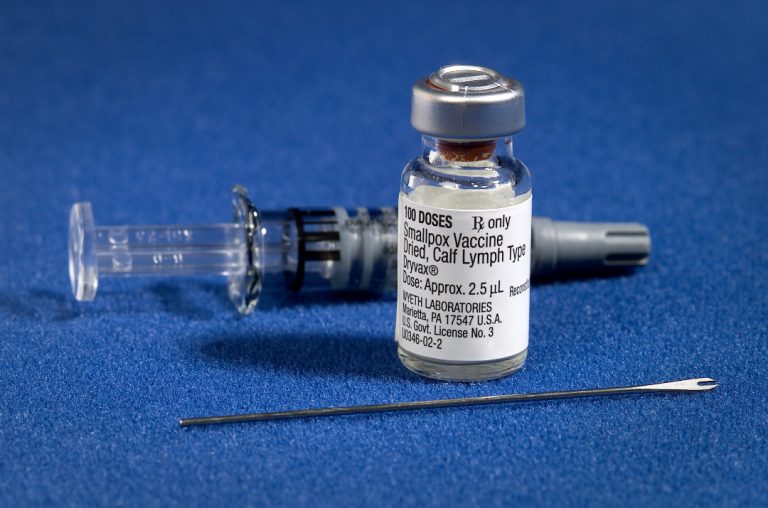
On Jul. 13, 2010, Bavarian Nordic announced that it had delivered 1 million doses of its smallpox vaccine…

On Jul. 7, 2010 the Radiation Exposure Compensation Amendments of 1999 (P.L. 106-245) was passed by the U.S….

On Jun. 27, 2010, the U.S. Senate passed a resolution declaring June 27 as National PTSD Awareness Day….
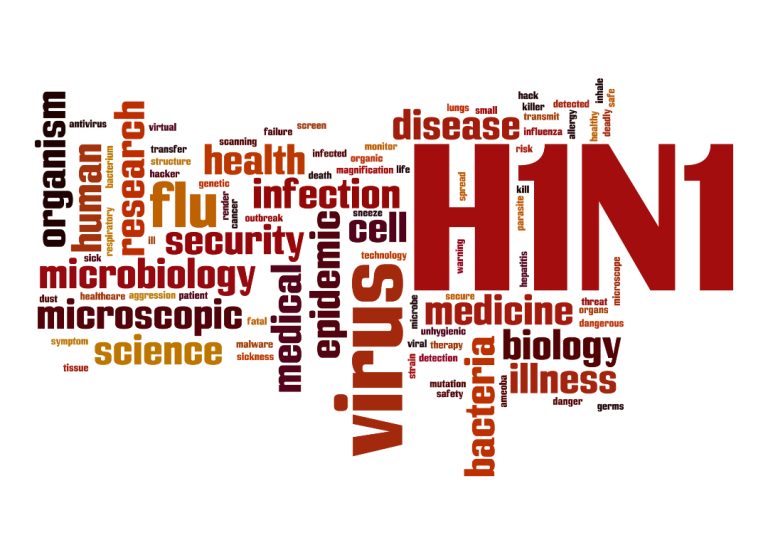
On Oct. 24, 2009, President Barack Obama declared the swine flu (N1n1) outbreak a national emergency. The declaration…
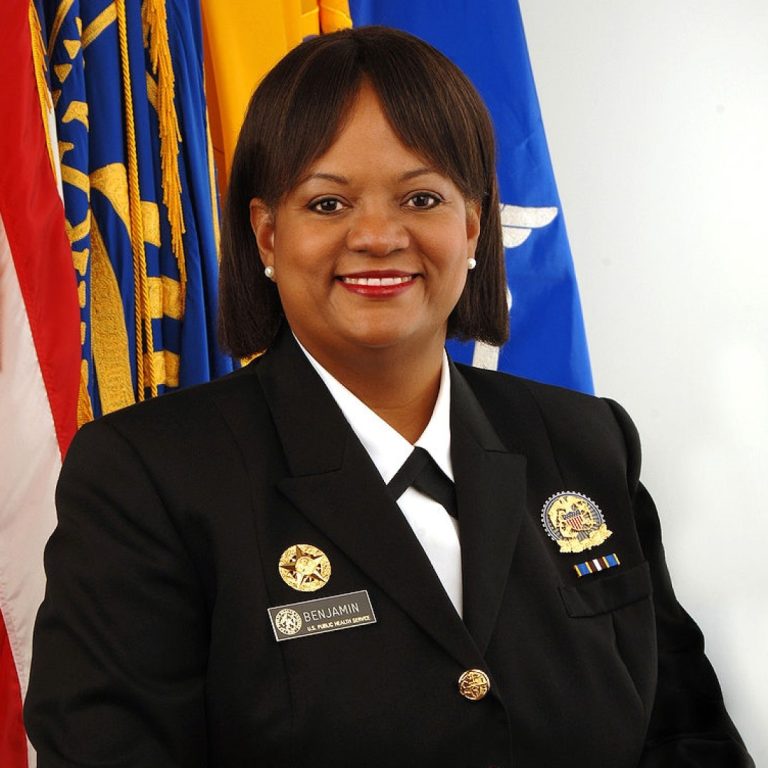
On Jul. 13, 2009, President Barack Obama nominated Regina Benjamin, MD, a family doctor in the shrimping village…

On Jul. 15, 2008, the Medicare Improvements for Patients and Providers Act extended expiring provisions under the Medicare…

On May 21, 2008, the Genetic Information Nondiscrimination Act of 2007 that prohibited health insurers and employers from…
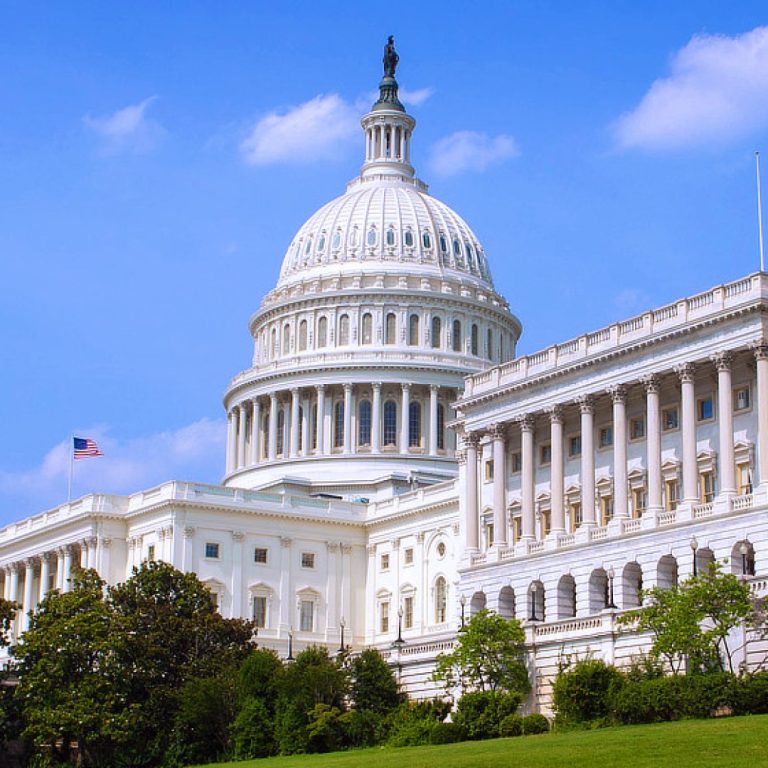
On May 13, 2008, the U.S. Congress passed the Breast Cancer and Environmental Research Act which amended the…
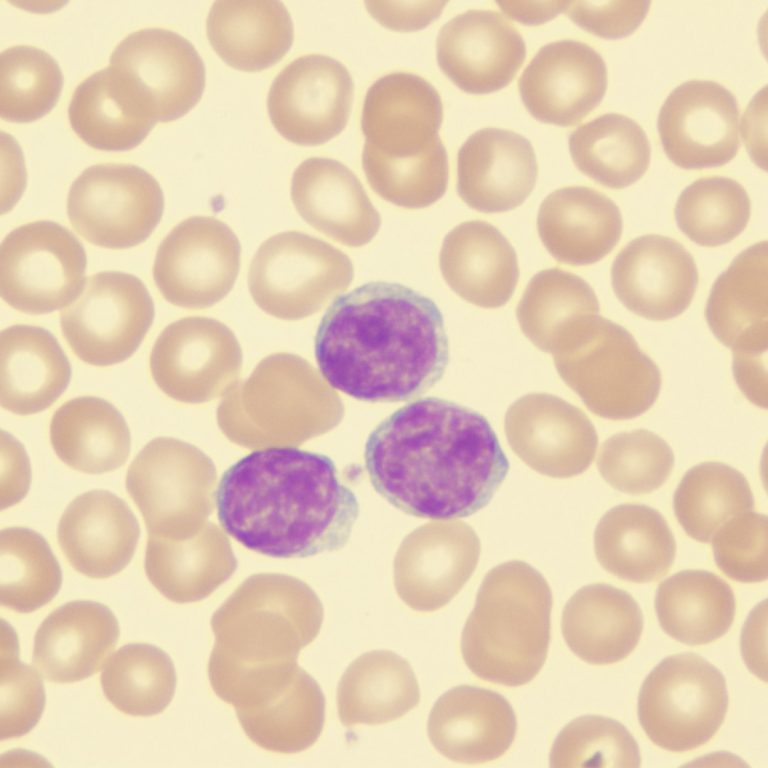
In 2008, University of California, San Francisco (UCSF) researchers discovered that B cells orchestrate the inflammation of myelin…
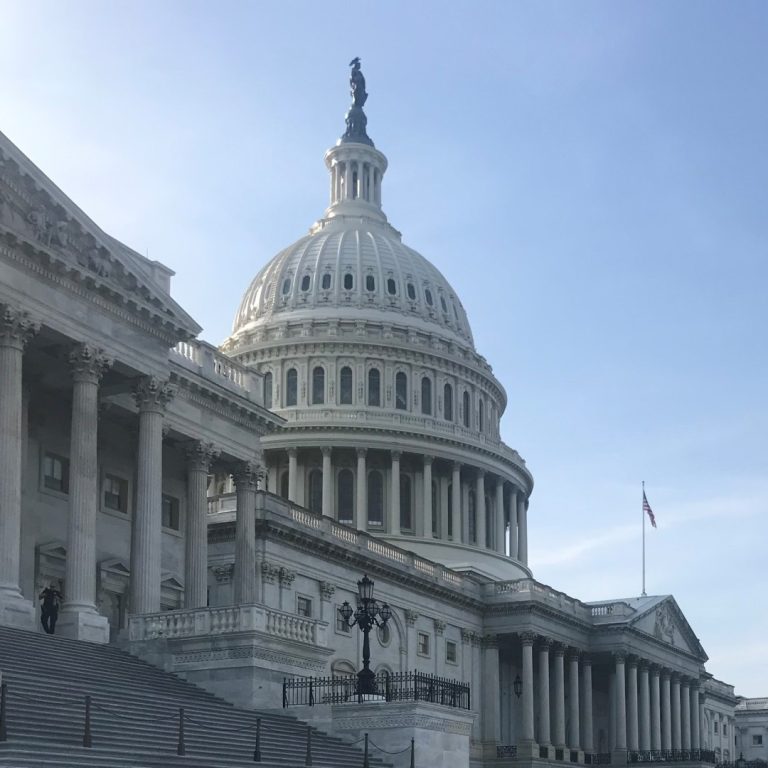
On Dec. 31, 2007, the U.S. Congress passed the Openness Promotes Effectiveness in our National Government Act, or…
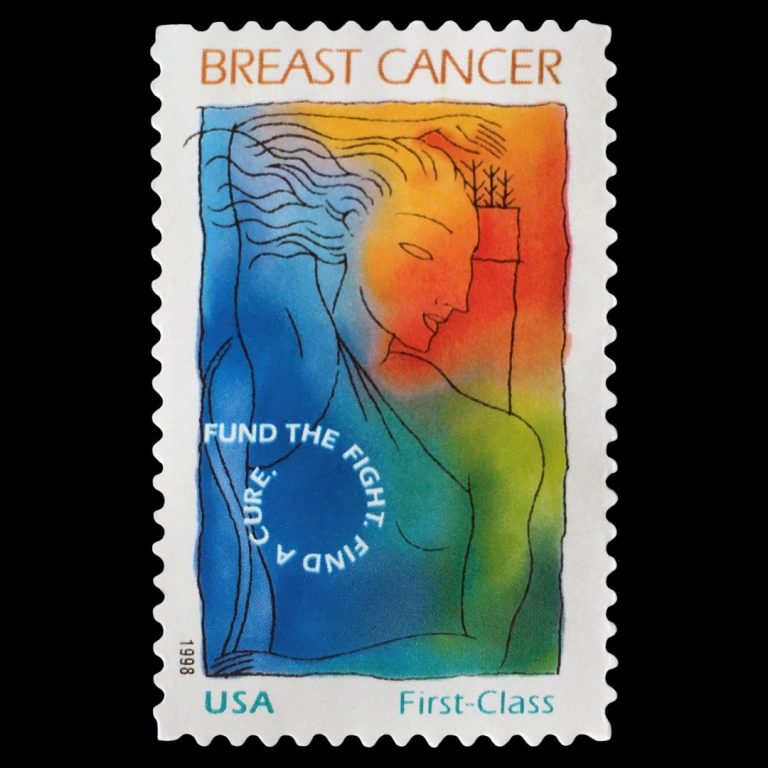
On Dec. 12, 2007, the Breast Cancer Research Stamp Reauthorization Act extended through Dec. 31, 2011, provisions requiring…
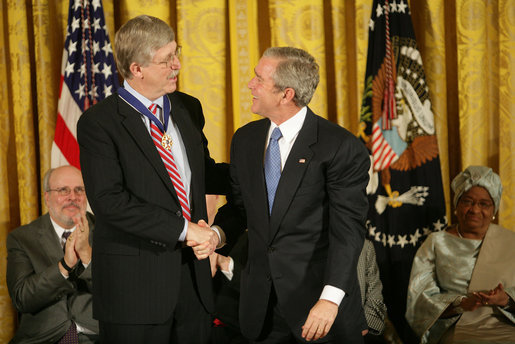
On Nov. 5, 2007, National Institutes of Health (NIH) Director Francis Collins received the National Medal of Science…
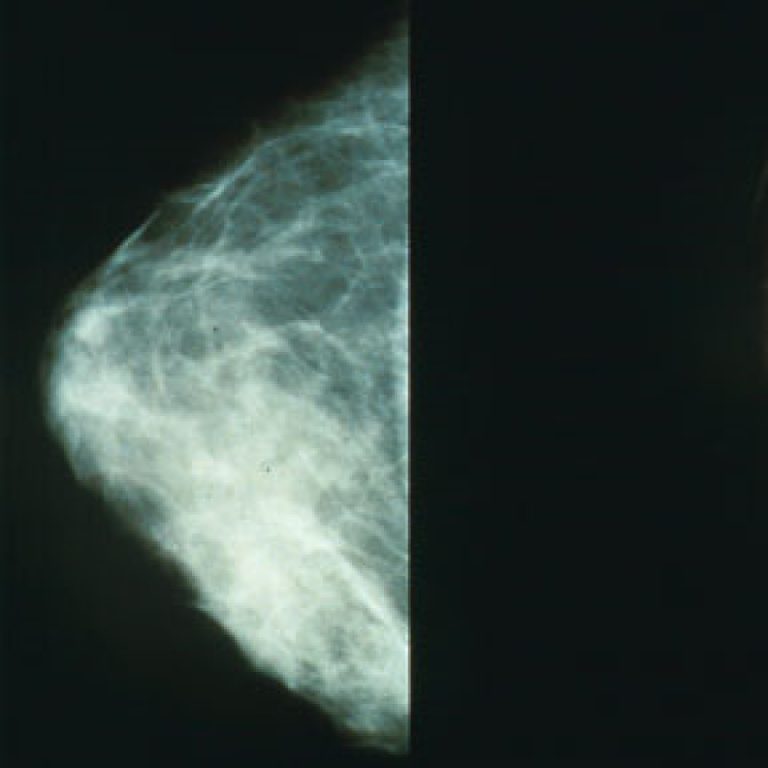
On Apr. 20, 2007, the National Breast and Cervical Cancer Early Detection Program Reauthorization Act of 2007 allowed…
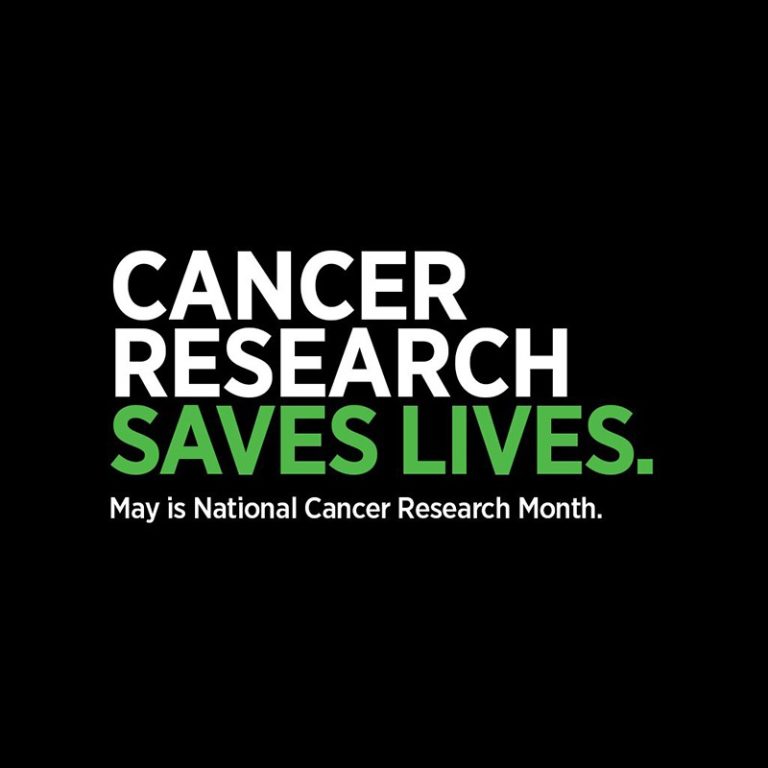
In 2007, the U.S. Congress declared May National Cancer Control Month, an opportunity to educate all Americans about…

On Nov. 27, 2006, the Animal Enterprise Terrorism Act (AETA) was officially signed into law by President George…

On Nov. 20, 2006, the Genome Sequencing Center at Washington University School of Medicine in St. Louis announced…

On Dec. 12, 2005, the U.S. Congress approved the passage of the Food Allergy Labeling and Consumer Protection…

On Nov. 11, 2005, the U.S. Congress authorized the 2-year extension of Postage Stamp for Breast Cancer Research…

On Aug. 8, 2005, the Energy Policy Act ( P.L. 109-58 ) was passed by the U.S. Congress…
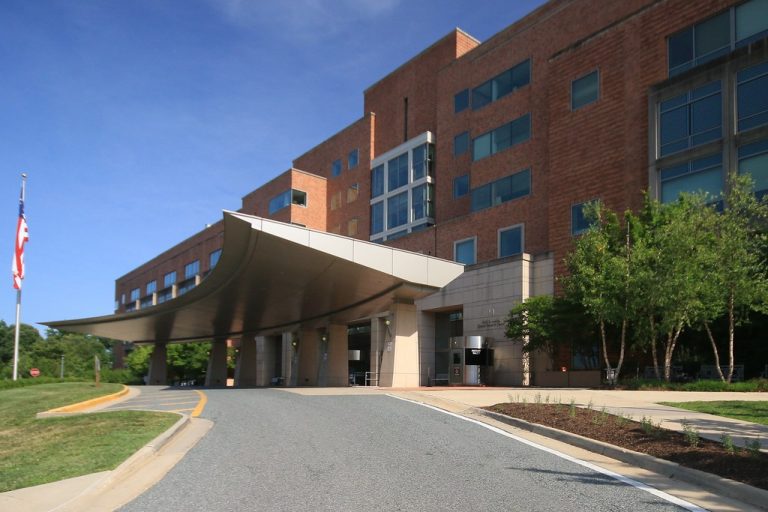
On Sept. 22, 2004, the National Institutes of Health (NIH) opened the Mark O. Hatfield Clinical Research Center,…

On Aug. 2, 2004, the U.S. Congress passed the Minor Use and Minor Species Animal Health Act to…
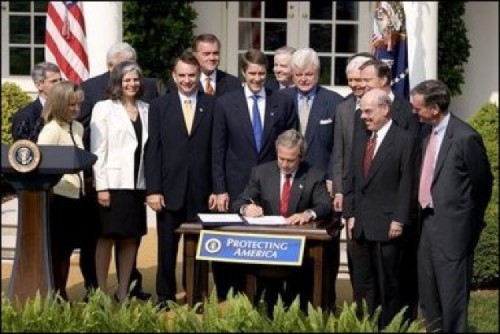
On Jul. 21, 2004, Project BioShield Act of 2004 was signed by President George W. Bush. The Act…
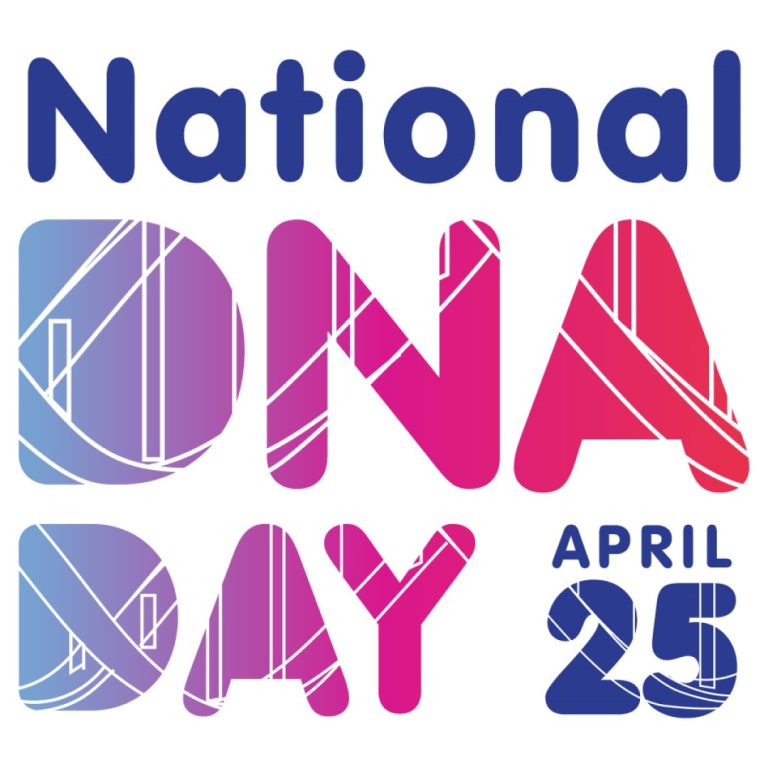
On April 25 known as DNA Day, is a day that commemorates the successful completion of the Human…

On Jan. 23, 2004, the U.S. Congress enacted the Sun Grant Research Initiative Act. The Sun Grant Research…
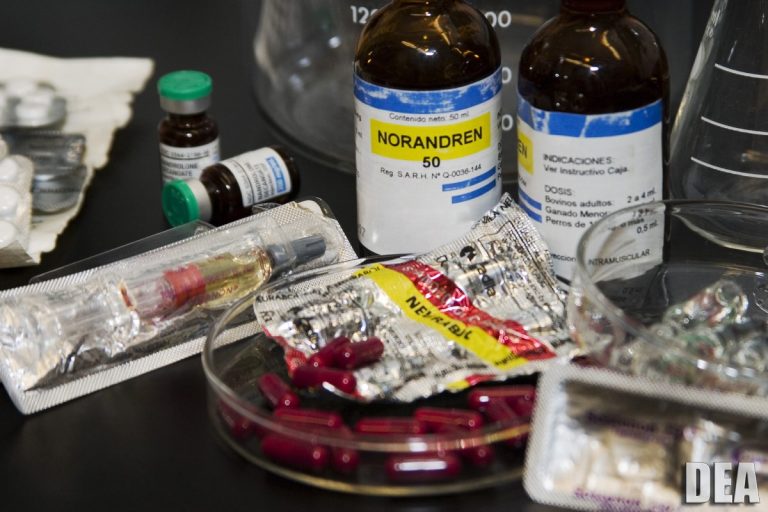
In 2004, the U.S. Congress passed the Anabolic Steroid Control Act which enacted a ban on over-the-counter steroid…
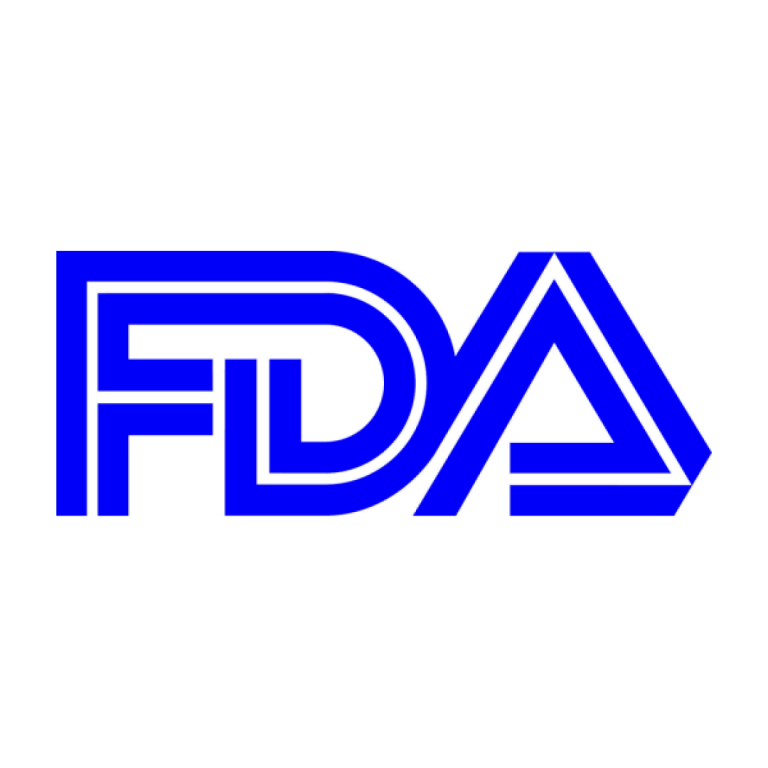
On Nov. 18, 2003, the U.S. Congress passed the Animal Drug User Fee Act (ADUFA) which permitted the…

On Sept. 10, 2002, the Public Health Security and Bioterrorism Preparedness and Response Act (P.L. 107-188) was passed…
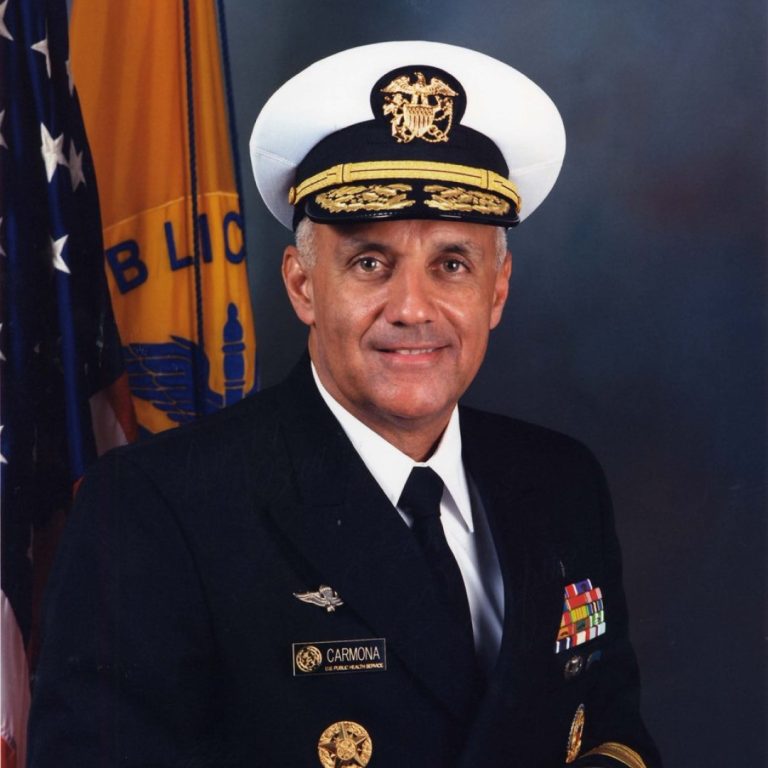
On Aug. 5, 2002, President George W. Bush appointed Richard H. Carmona as U.S. Surgeon General, one of…